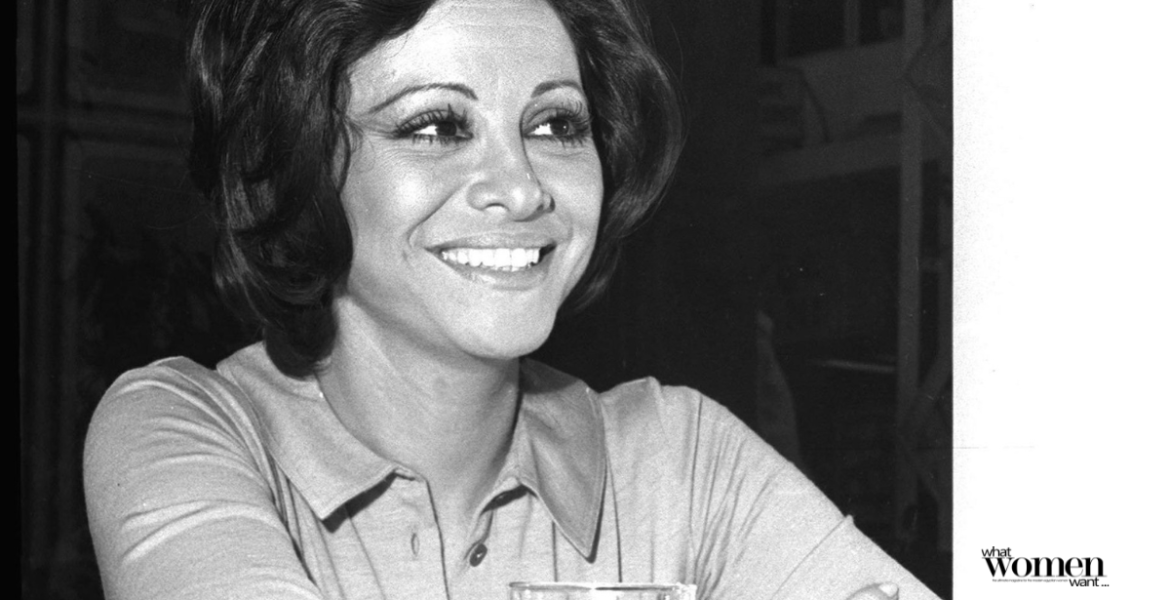In the heart of Cairo, a baby girl named Faten Hamama was born on May 27, 1931. Little did the world know, this girl would grow up to become the face of Egyptian cinema, a symbol of grace, talent, and resilience. Her influence would stretch far beyond the silver screen. Faten Hamama’s journey from a child actress to a cultural icon is a story of extraordinary talent, determination, and an undying passion for the arts. Today marks the birthday of Egypt’s “Lady of the Arabic Screen”. Her exceptional talent and unforgettable performances continue to captivate audiences worldwide, making her birthday a day to commemorate her life, legacy, and talent.
Early Beginnings and Rapid Rise
Faten Hamama’s journey with cinema began coincidentally. At eight years, Mohammed Karim casted her in her first film, Yom Sa’id (Happy Day). After her father entered her into a children’s beauty contest, her natural charm and stage presence caught the eye of director Mohammed Karim. He saw in her the makings of a star. This early introduction to cinema set the stage for what would become an illustrious career.
Throughout the 1940s and 1950s, Hamama’s career flourished. She starred in a series of films that showcased her acting skills. In fact, she helped define the golden age of Egyptian cinema. Her performances in films like Laila Bint Al-Fuqara (Laila, Daughter of the Poor) and Siraa Fil-Wadi (Struggle in the Valley) captivated audiences and critics, establishing her as a household name.
The Golden Era and Iconic Roles
The 1950s and 1960s marked the peak of Hamama’s career. Her collaboration with renowned directors such as Youssef Chahine, Salah Abouseif, and Henry Barakat created cinematic masterpieces. One of her most memorable roles was in Doaa al-Karawan (The Nightingale’s Prayer), a film that is one of the greatest in the history of Arab cinema. Her portrayal of Amna, a woman seeking vengeance for her sister’s death was truly powerful.
In Emraa Fi Al-Qalb (A Woman in My Heart) and La Tutf’e Al-Shams (Don’t Turn Off the Sun), Hamama showcased her versatility. She portrayed complex characters that resonated deeply with audiences. Her ability to convey a range of emotions with subtlety and nuance set her apart.
Breaking Boundaries and Personal Milestones
Hamama’s career was not just defined by her on-screen roles but also by her off-screen contributions to the film industry. In a male-dominated industry, she stood out as a powerful female presence, advocating for women’s rights and tackling social issues through her films. She often chose roles that highlighted the struggles and resilience of women. In doing so, she became a role model for generations to come.
Her personal life intertwined with her professional achievements. Her marriage to the legendary actor Omar Sharif was a union of two of Egypt’s most iconic stars. Together, they starred in several films, including the acclaimed Siraa Fil-Mina (Struggle in the Port). Though their marriage ended, their professional collaborations left an indelible mark on Egyptian cinema.
A Lasting Legacy
I’m very proud of everything I gave so far. Art and acting is not only about fame and publicity, it’s more serious business. If everyone does their work seriously with respect, they will be proud of it.
Faten Hamama’s contributions to cinema were recognized with numerous awards and honors. The Egyptian Writers and Critics Organization named her the “Star of the Century”. This is a testament to her enduring impact on the industry. Until now, her films are celebrated and studied for their artistic and cultural significance.
Hamama’s legacy extends beyond her filmography. She inspired countless young actors and filmmakers to pursue their dreams, breaking barriers and challenging societal norms. Her dedication to her craft and her unwavering commitment to telling authentic stories have left an indelible mark on the world of cinema.
The Final Curtain
Faten Hamama passed away on January 17, 2015. Still, her spirit lives on through her films and the countless lives she touched. She remains a beacon of excellence and a symbol of the transformative power of art. Her life story is not just that of a movie star but of a woman who used her talent to effect change and inspire generations.
As we look back on the legendary life of Faten Hamama, we celebrate a woman whose legacy is intertwined with the legacy of Egyptian and Arab cinema. Her journey from a young girl in Cairo to an international icon is a testament to the timeless allure of her art.

